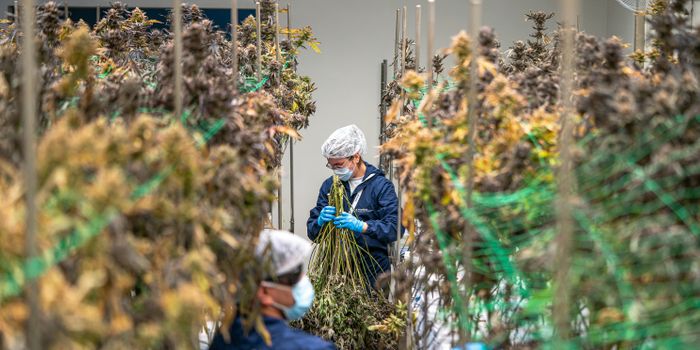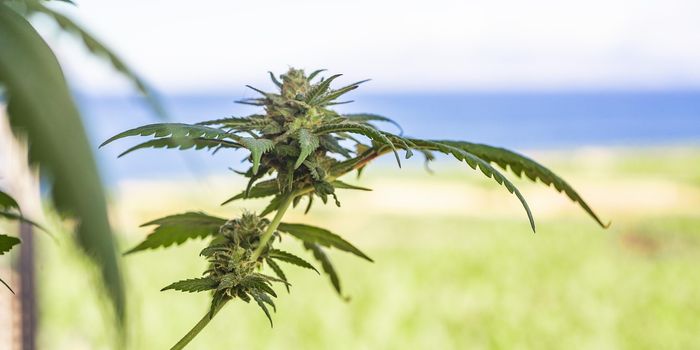Cannabis Abuse Linked to Accelerated Brain Aging
According to the largest brain aging imaging study to date, cannabis use is linked to accelerated brain aging. The study, led by Dr. Daniel G. Amen, MD, founder of Amen Clinics in Costa Mesa, CA, was a huge effort. Researchers from Google, John's Hopkins University, University of California, Los Angeles and the University of California, San Francisco all contributed. Single photon emission computed tomography (SPECT) scans were evaluated from 62,454 people ages 9 months old to 105 years. Dr. Amen was quoted in ScienceDaily.com as saying that "The cannabis abuse finding was especially important, as our culture is starting to see marijuana as an innocuous substance. This study should give us pause about it."
Photo source: UnSplash.com
SPECT scans allow scientists to determine how blood flows to tissues and organs, including the brain. In this study, the scientists used SPECT to determine aging in the brain and which common brain disorders and/or lifestyles predict abnormal aging. They then compared chronological age (CA) to "brain expected age" (BEA) which was gathered from the SPECT scans. The scientists focused on 128 brain regions and found that a number of brain disorders and behaviors predicted accelerated aging, especially schizophrenia, cannabis use, bipolar disorder, and ADHD.
How much aging was found for cannabis use (i.e. how fast does the brain accelerate compared to "normal brain" aging)? About 2.8 years of accelerated aging was associated with cannabis use. Accelerated brain aging is related to increased mortality and the development of neuropsychiatric disorders, so having a brain older than it should be for your age could spell trouble.
The study does not go into detail about the cannabis finding, which was, admittingly, surprising. It even out-aged alcohol use (0.6 years). Some good news, from a group unrelated to the present study, have demonstrated, in mice, that some treatments may be available to reverse deficits associated with premature aging in the brain, at least for some neurons. Fluoxetine (Prozac) was found to reverse these deficits in mice. Yet, fluoxetine is not recommended for the elderly due to side effects. These data were reported in the Journal of Neuroscience.
Photo source: UnSplash.com
With regards to cannabis use, there are some ideas about how these cannabinoids could influence aging. One excellent review published in Physiological Transactions of the Royal Society of London B: Biological Science explains how oxidative stress plays a role in brain aging. Reactive oxygen species (ROS) are end products of normal cellular function and are usually cleared from the system right away by molecules involved in oxidative defense. As we age we start to lose these defense mechanisms, and free radicals are around longer to damage neurons and DNA.
The role of the endocannabinoid system (ECS) is complex in aging, but it has been shown that phytocannabinoids are known to possess anti-oxidant properties. So why would cannabis contribute to aging? Well, it turns out that too much delta-9 tetrahydrocannabinol (THC) can actually interfere with the ECS's role in getting rid of oxidative stress. Therefore, years and years of THC exposure may contribute to an imbalance in the ECS system, leading to a loss of ECS anti-oxidant performance. This may lead to more ROS and premature aging of the brain.
Below is a brief video describing the latest study in more detail.
Video source: ScienceDaily.com
Sources: ScienceDaily.com, MayfieldClinic.com, Journal of Alzheimer's Disease, Molecular Psychiatry, Journal of Neuroscience, Physiological Transactions of the Royal Society of London B: Biological Science, European Journal of Pharmacology










